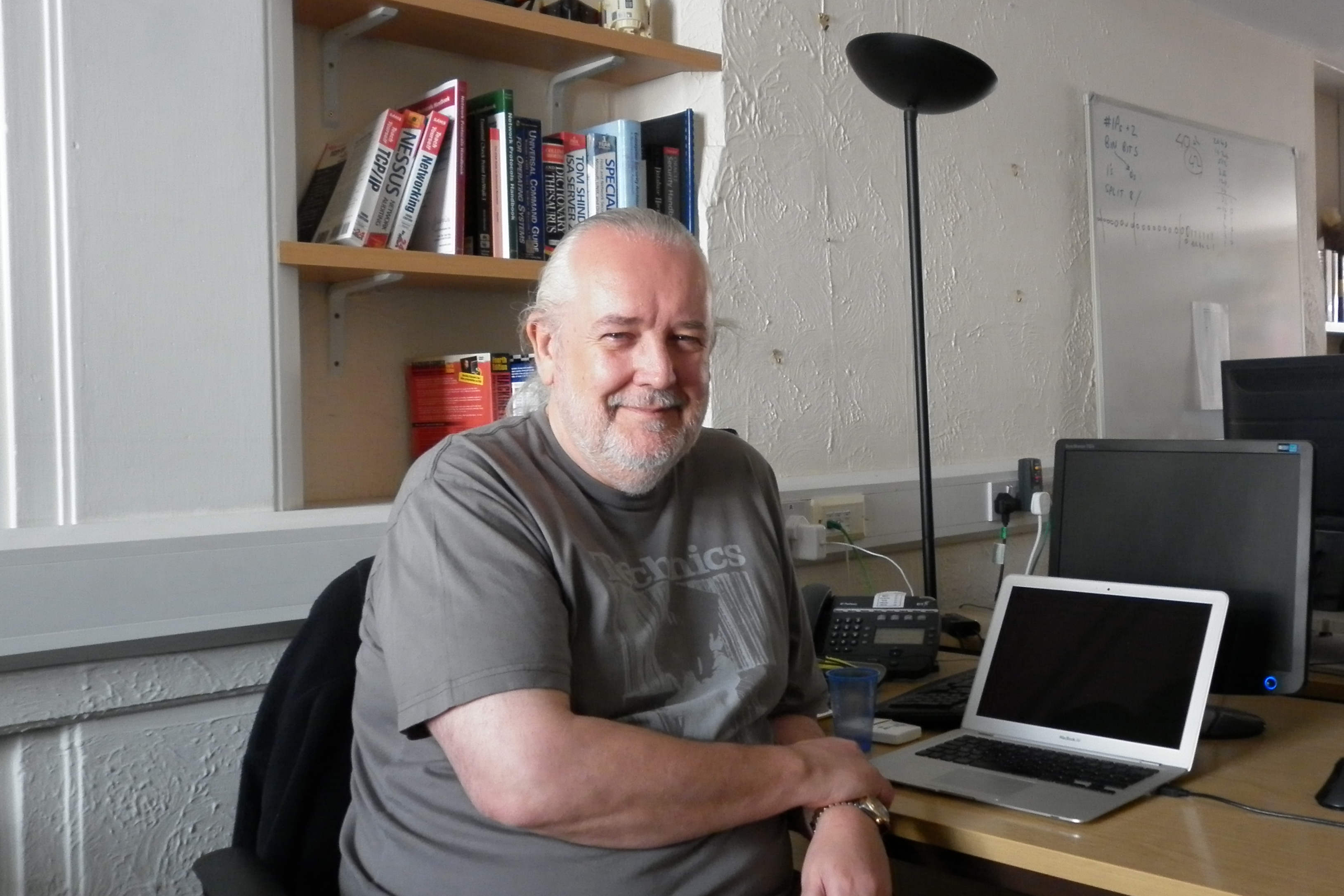
It was a stealth attack.
It was deliberately targeted, frighteningly fast, disturbingly easy and alarming for its potential not just to bring a multi-million pound global company to its knees but also for the chaos it could have caused the company's millions of clients worldwide.
It took just two hours for hackers to access every single file on every single computer including the credit card information of every single client of a company worth 800 million pounds a year.
This wasn't Sony. And this wasn't some shady, underworld hacking ring, penetrating the company's IT security for either financial gain or glory. This hack was done from the comfort of a seaside office on England's south coast.
It was done using nothing more than a PC and an internet connection, and the men who did it were paid to do it by the very company they were hacking into.
Welcome to the world of ethical hacking: the simulation of criminal attacks on an organisation's systems, premises, or people or a combination of all three with the written legal permission of all parties involved. It's all done to determine vulnerabilities which could be exploited by an attacker with criminal intent.
In a world where companies are grappling with the IT security challenges presented by modern computing, the cloud, social networking, consumerisation and mobility and where even the most high-profile and presumably tech-savvy companies like Sony can be hacked and have their embarrassment aired for all to see ethical hackers are increasingly being seen as the professionals to turn to.
Sign up today and you will receive a free copy of our Future Focus 2025 report - the leading guidance on AI, cybersecurity and other IT challenges as per 700+ senior executives
"Most successful attacks are a combination of unfortunate mistakes on the part of the victim," ethical hacker Peter Wood (below) explains.
"So in the example of RSA and in the example of Sony, it won't be one mistake. It might look like that, it might be what the press might portray, but actually it will be a cascade of mistakes that portray a systemic problem with the victim."
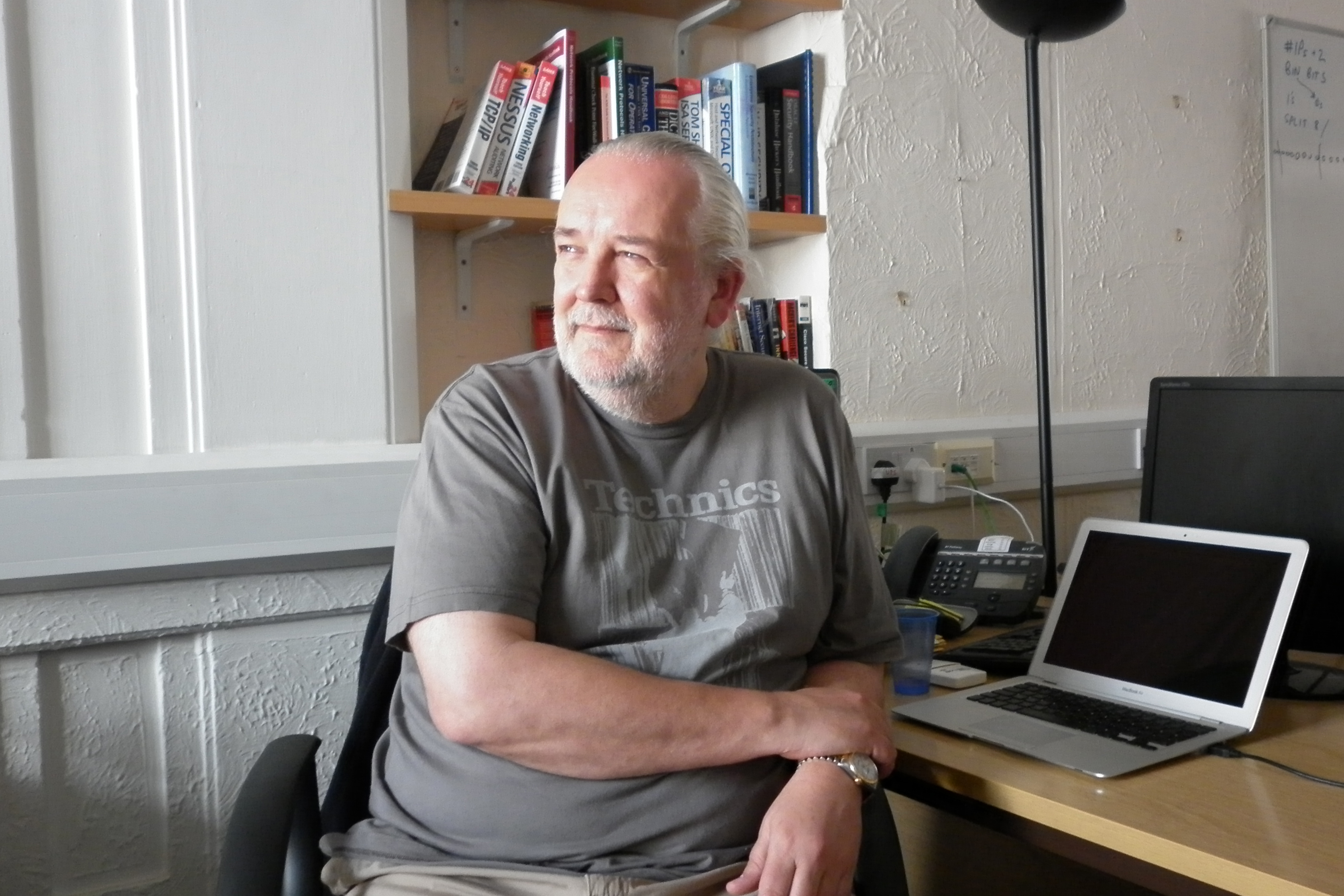
-
 Everything we know so far about the Nike data breach
Everything we know so far about the Nike data breachNews Hackers behind the WorldLeaks ransomware group claim to have accessed sensitive corporate data
-
 Morgan Stanley research warns AI is having a huge impact on jobs
Morgan Stanley research warns AI is having a huge impact on jobsNews Analysis of five sectors highlights an "early warning sign" of AI’s impact on jobs
-
 RSAC in focus: Key takeaways for CISOs
RSAC in focus: Key takeaways for CISOsThe RSAC Conference 2025 spotlighted pivotal advancements in agentic AI, identity security, and collaborative defense strategies, shaping the evolving mandate for CISOs.
-
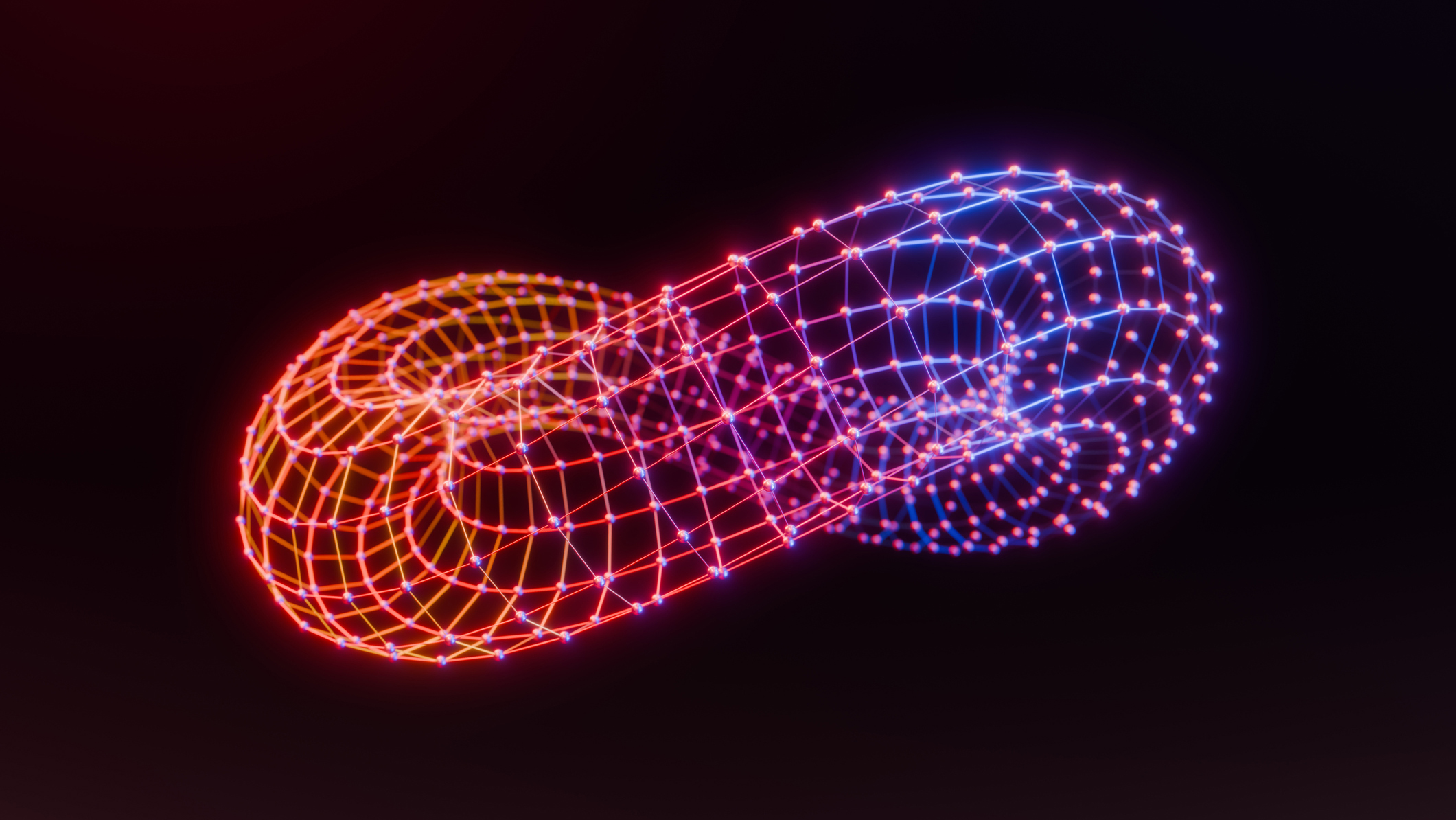 RSAC in focus: Quantum computing and security
RSAC in focus: Quantum computing and securityExperts at RSAC 2025 emphasize the need for urgent action to secure data against future cryptographic risks posed by quantum computing
-
 RSAC in focus: How AI is improving cybersecurity
RSAC in focus: How AI is improving cybersecurityAI is revolutionizing cybersecurity by enhancing threat detection, automating defenses, and letting IT professionals tackle evolving digital challenges.
-
 RSAC in focus: Collaboration in cybersecurity
RSAC in focus: Collaboration in cybersecurityExperts at RSA Conference 2025 emphasised that collaboration across sectors and shared intelligence are pivotal to addressing the evolving challenges of cybersecurity.
-
 RSAC in focus: Considerations and possibilities for the remainder of 2025
RSAC in focus: Considerations and possibilities for the remainder of 2025As 2025 unfolds, RSAC explores the pivotal considerations and emerging possibilities shaping the cybersecurity landscape
-
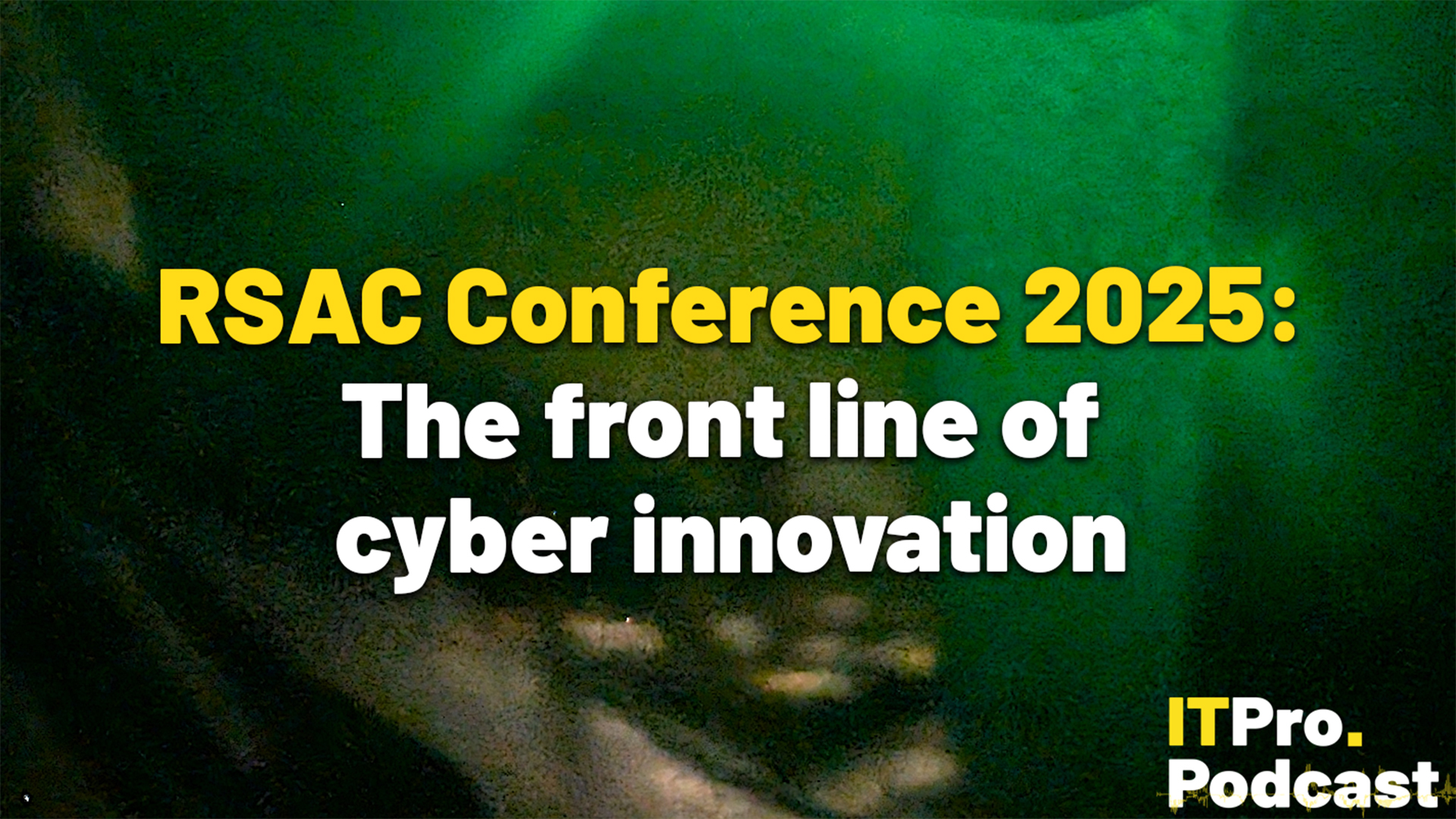 RSAC Conference 2025: The front line of cyber innovation
RSAC Conference 2025: The front line of cyber innovationITPro Podcast Ransomware, quantum computing, and an unsurprising focus on AI were highlights of this year's event
-
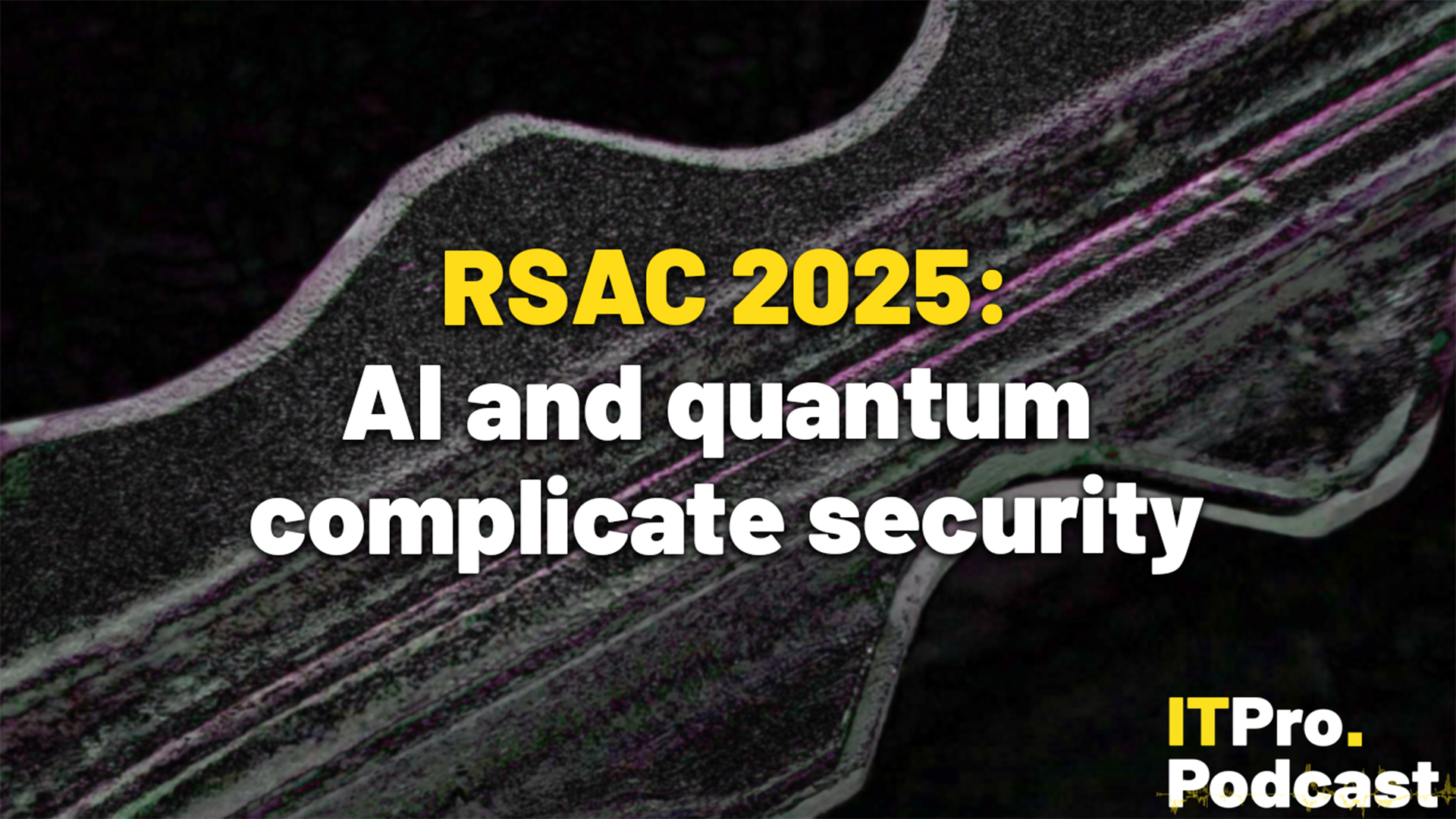 RSAC Conference 2025: AI and quantum complicate security
RSAC Conference 2025: AI and quantum complicate securityOrganizations are grappling with the complications of adopting AI for security
-
 RSAC Conference 2025 was a sobering reminder of the challenges facing cybersecurity professionals
RSAC Conference 2025 was a sobering reminder of the challenges facing cybersecurity professionalsAnalysis Despite widespread optimism on how AI can help those in cybersecurity, it’s clear that the threat landscape is more complex than ever